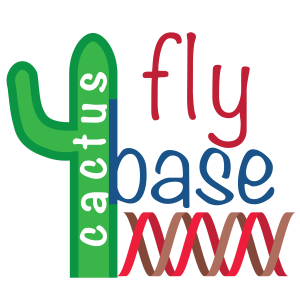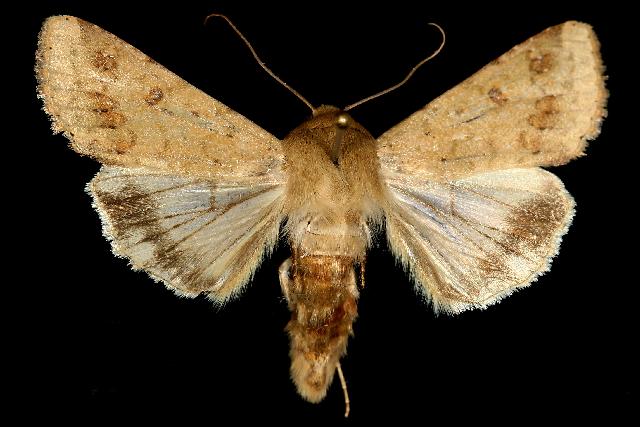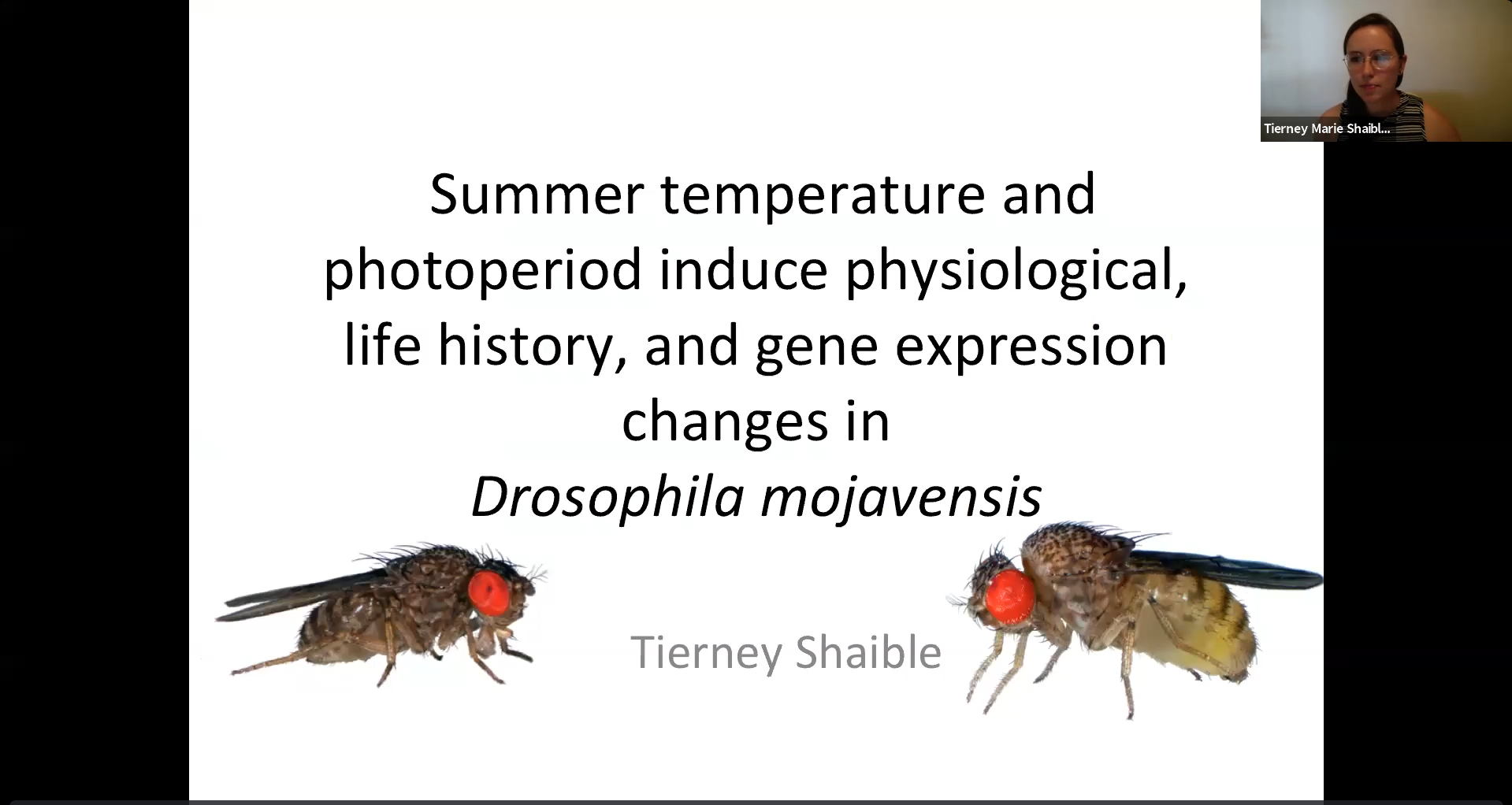We are currently recruiting a postdoc to start on 6/1/2024 on an NIH funded project aiming to investigate the function of male-derived female-translated proteins (mdFTPs) in the lower reproductive tract of cactophilic Drosophila females. Please see our currently in-review manuscript describing our mdFTP work in bioRxiv (Matzkin et al. in review). The original appointment will be for one year and can be extended up to two more years. I am seeking a highly motivated and creative individual with strong molecular, genomics, computational, and/or evolutionary genetics skills to join our evolutionary and ecological genomics lab. Good writing and communication skills will be required for this position. Prior experience working with Drosophila is not necessary, but a plus. Postdoc will be based at The University of Arizona, Department of Entomology and will also interact closely with collaborator, Dr. Jeremy Bono, at the University of Colorado Colorado Springs. Additionally, postdoc will have the opportunity to interact with investigators at the BIO5 Institute and Department of Ecology and Evolutionary Biology at the University of Arizona.
Duties & Responsibilities:
The postdoc will be involved in all research aspects of the NIH project, and would have the possible opportunity to develop new projects in consultation with Dr. Matzkin and Dr. Bono. Critical and independent thinking is very important for this position, as well as having the ability to analyze data, write manuscripts and proposal writing.
– The postdoc will be responsible for and oversee the generation of CRISPR KO and UAS/GAL4 transgenic Drosophila lines of candidate genes. This will include overseeing or directly doing the injection of embryos and all the genotyping necessary associated with the generation of KO and transgenic lines. The postdoc will also be in charge of the generation UAS and GAL4 plasmids for injection.
– The postdoc will be responsible for the functional assays for all KO and transgenic lines generated. These assays include the assessment of fecundity, female remating behavior and sperm competitiveness. Additional phenotypes will also likely be measured guided by results of experiments.
– The postdoc will be responsible for the single cell RNAseq (scRNAseq) and standard RNAseq experiments of reproductive tracts in both female and males, including that of the KO and transgenic lines. The duties include overseeing and assisting in the collection of the samples, extraction of RNA and generation of libraries, as well as the analysis of the data.
– It is expected that the postdoc will take a leadership role in the analysis of the data generated as well as the writing of the manuscripts. It is also expected given the leading role of the postdoc in these activities, that the individual will be first author in many of them.
– Postdoc will participate in lab meetings of the Matzkin lab and the joint project meetings with the Bono lab as well as present their work at national and international conferences.
-Postdoc will interact with the graduate and undergraduate students in the Matzkin and Bono labs as well as having the opportunity to be involved in outreach activities.
Qualifications:
The candidate is expected to have a PhD in genetics, genomics, evolutionary biology, molecular biology or related field upon hire. A background in genetics and/or molecular and computational biology desired. Postdoc must have excellent writing, communication and critical thinking skills with a proven track record of successfully completing research projects and the writing of manuscript(s) for publication. Prior experience working with Drosophila a plus but not necessary. The preferred start date for the postdoc is June 1st, 2024.
How to apply:
Apply at here. You will need to submit a 1) cover letter briefly outlining the candidate’s fit to the position and future goals 2) curriculum vitae 3) contact information (email and phone) for three references, preferably including doctoral advisor and/or postdoctoral advisor (if relevant) and 4) no more than three relevant publication/manuscript PDFs. Review of applicants will start immediately and continue until position if filled. Please contact Luciano Matzkin (lmatzkin@arizona.edu) if you have additional questions about the position or visit our lab page, http://www.matzkinlab.org
At the University of Arizona, we value our inclusive climate because we know that diversity in experiences and perspectives is vital to advancing innovation, critical thinking, solving complex problems, and creating an inclusive academic community. As a Hispanic-serving institution, we translate these values into action by seeking individuals who have experience and expertise working with diverse students, colleagues, and constituencies. Because we seek a workforce with a wide range of perspectives and experiences, we provide equal employment opportunities to applicants and employees without regard to race, color, religion, sex, national origin, age, disability, veteran status, sexual orientation, gender identity, or genetic information. As an Employer of National Service, we also welcome alumni of AmeriCorps, Peace Corps, and other national service programs and others who will help us advance our Inclusive Excellence initiative aimed at creating a university that values student, staff and faculty engagement in addressing issues of diversity and inclusiveness.
Outstanding UA benefits include health, dental, vision, and life insurance; paid vacation, sick leave, and holidays; UA/ASU/NAU tuition reduction for the employee and qualified family members; access to UA recreation and cultural activities; and more! The University of Arizona has been recognized on Forbes 2015 list of America’s Best Employers in the United States and has been awarded the 2015 Work-Life Seal of Distinction by the Alliance for Work-Life Progress! For more information about working at the University of Arizona, please http://www.whyua.com.



 Today Tierney Shaible did a wonderful job in presenting her impressive amount of work on D. mojavensis and how they adjust at the behavioral, life history, physiological and transcription level to the summer conditions of the Sonoran Desert.
Today Tierney Shaible did a wonderful job in presenting her impressive amount of work on D. mojavensis and how they adjust at the behavioral, life history, physiological and transcription level to the summer conditions of the Sonoran Desert.